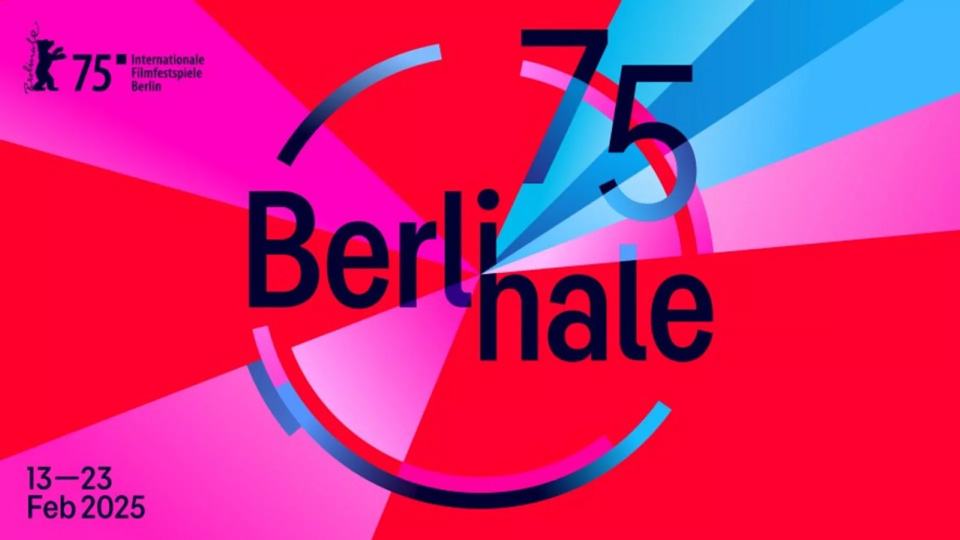Terms and conditions :
- The tax exemption rate is 30% of development expenses
- The tax credit limit per company is €6M per fiscal year
- European subcontracting expenses taken into account in the calculation of the tax credit are capped at €2M per fiscal year.
The French Tax Credit is therefore now one of the most competitive video game support systems in the world, and France is a particularly attractive country for the development of this art and this industry.
NOTE
As of 1 April 2020, the procedures for submitting applications have changed.
The necessary documents must be sent
in digital format only to the following address: cijv@cnc.fr.
Videos may be attached to the application via a secure vimeo link.
Legal texts:
French General Tax Code: Article 220 terdecies
French Cinema and Moving Images Code: Articles D331-19 to D331-37
Who is eligible for the tax credit?
Any video games development company located in France, for creating an approved video game.
The company must:
- be liable for French corporation tax or exempted therefrom under the conditions stipulated in Article 220 terdecies of the Code Général des Impôts (French General Tax Code);
- comply with the social (welfare) legislation;
- handle the artistic and technical aspects of making the video game and initiate and make the spending necessary to creating the video game;
when a video game is co-developed (i.e. created jointly), more than one video games development company can enjoy tax credits, each company benefiting from a tax credit based on its respective spending; separate applications should then be made to the CNC.
What eligibility conditions must the video game project fulfill in order to benefit from the tax credit?
The video game must:
- have a development cost of no less than €100,000;
- be genuinely intended for sale to the public;
- be made mainly with the assistance of authors/designers and development staff who are either of French nationality, or who are nationals of another member State of the European Community, or of another State party to the Agreement on the European Economic Area and having signed a tax agreement with France. Foreigners other than the above-mentioned European nationals and who have the capacity of French residents are deemed to be equivalent to French citizens;
- contribute to developing French and European videogames creation and to the diversity of such creation, by standing out in particular by quality, originality, or innovativeness of design, and level of artistic spending;
As regards video games specifically intended for adults, and that are marketed as such, it is specified that the video game:
- must not include sequences of a pornographic nature or of a very violent nature (the contextualization of the violence is determined by means of a scale of points);
- must demonstrate that its contribution to the development and to the diversity of French and European video game creation is of a particularly significant level.
What type of expenditure is eligible for the tax credit?
Expenses incurred directly for developing (i.e. creating) the video game in France or in a Member State of the European Community are eligible. Such expenses are listed at IV in Article 220 terdecies of the Code Général des Impôts:
- capital allowance (amortization) for fixed assets created or acquired new (capital allowance for amortizing buildings is not accepted);
- considerations paid to the authors/designers who took part in creating the video game, pursuant to an agreement for assigning rights to exploit/use the intellectual property, and the related social (welfare) contributions;
- staff pay relating to the employees of the company and the related social contributions, and salaries and contributions for the technical and administrative staff who are involved;
- other operating expenses. These expenses include purchases of materials, supplies and equipment, rents on buildings, maintenance and repair expenses relating to such buildings, travel expenses, technical documentation, postal, and electronic mail expenses;
- subcontracting expenses up to two million euros per financial year.
What is the procedure for having the video game project approved by the CNC?
Provisional approval
It must be applied for before the video game is finished. Whenever the video game is being co-produced, the application for provisional approval shall be submitted by each of the development companies.
The expenses give entitlement for the tax credit for the year during which they are incurred, as from the date of reception by the CNC of the application for provisional approval.
The provisional approval is granted by the CNC after the video games have been selected by a commission of experts.
The approval decision attests that the video game satisfies the required conditions as they are defined in I, II, and III of Article 220 terdecies of the Code Général des Impôts and gives entitlement to the tax credit for the above-mentioned expenses, subject to final approval being granted.
Required documents : see application form
Final approval
The application for final approval must be submitted after the video game is finished, within a time limit of 36 months following the date of provisional approval. Otherwise, an amount corresponding to the tax credit share obtained shall be paid back.
Whenever the video game is being co-produced, the application must be submitted jointly by the development companies.
Final approval is granted by the CNC and attests that the video game satisfies the required conditions.
Required documents : see application form
Contacts
Chloé Robinet
Assistant / Manager
Phone +33 (0)1 44 34 35 53
Chloe.Robinet@cnc.fr
Laurent Mahuteau
Project Manager
Phone +33 (0)1 44 34 36 45
Laurent.Mahuteau@cnc.fr
Thierno Bah
Project Manager
Phone +33 (0)1 44 34 37 70
Thierno.Bah@cnc.fr
Olivier Fontenay
Head of Department
Phone +33 (0)1 44 34 38 37
Olivier.Fontenay@cnc.fr




